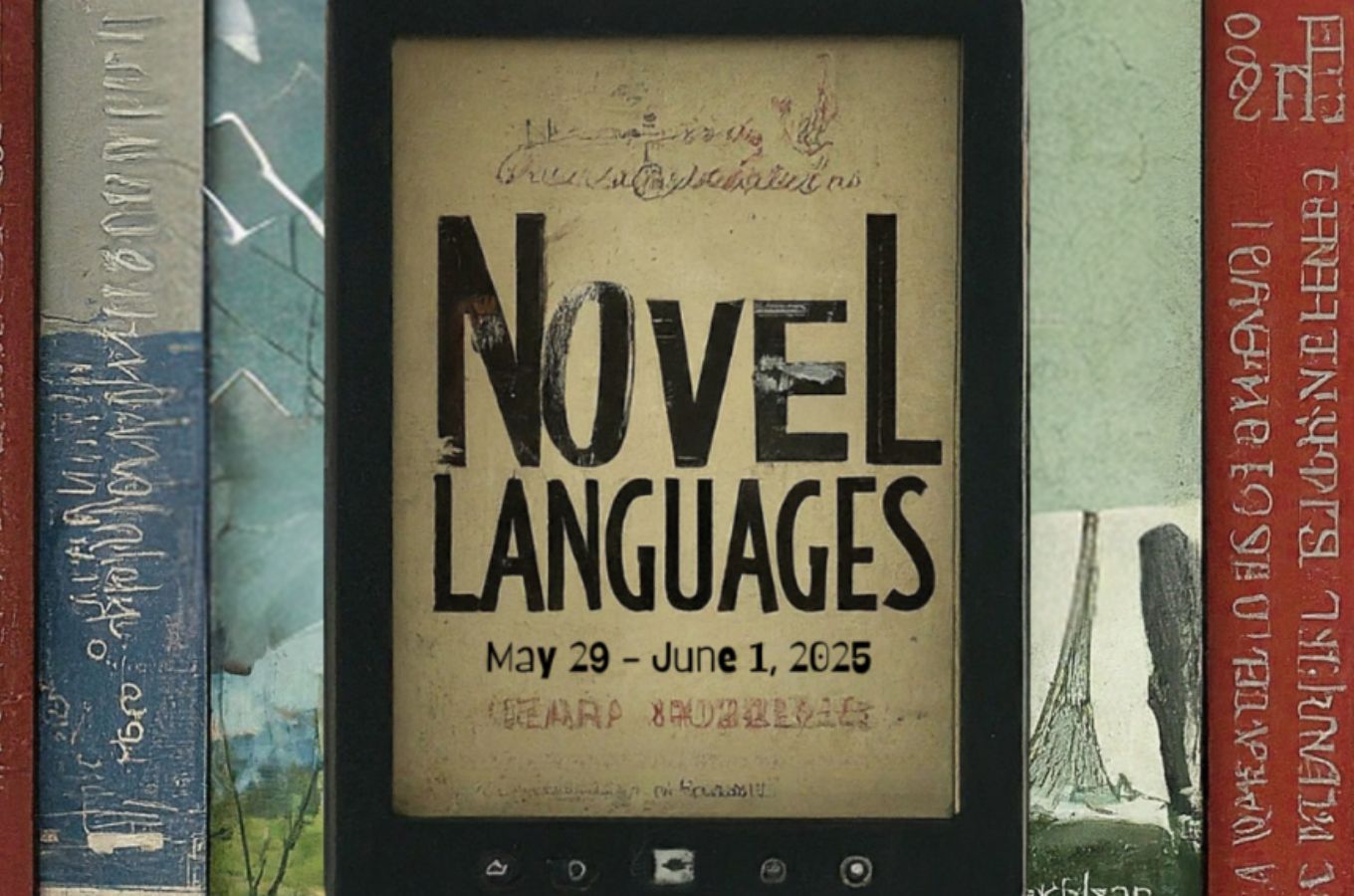
The Society for Novel Studies (SNS) invites scholars to submit panel proposals for its biennial conference, titled Novel Languages, which will take place from May 29 to June 1, 2025, at the Durham Convention Center in vibrant Downtown Durham, North Carolina.
The event is hosted by Duke University and organized by Aarthi Vadde who is the current Vice President of the SNS and a professor at Duke University’s English Department and Sarah Quesada a Professor at Duke University in the Romance Studies Department.
The conference theme looks at the connections between language, technology, and the future of our planet. It will feature two keynote address, one by novelist Vauhini Vara, author of The Immortal King Rao and a finalist for the Pulitzer Prize and Waïl Hassan is a Professor of French and Comparative Literature at the University of Illinois, Urbana-Champaign, and the author of Arab Brazil: Fictions of Ternary Orientalism.
African literature has been at the forefront of literary innovation in the past two decades, offering fertile ground for exploring questions about language, digital culture, and ecology. We encourage academics, graduate students, and independent scholars who work on African literature and can make it to Durham, North Carolina in the US to submit proposals. Our Editor-in-Chief, Dr. Ainehi Edoro, is one of the plenary speakers and will address aspects of language and storytelling that touch on African literature and digital culture.
The organizers invite proposals for both full panels (3-4 scholars) and individual 15-minute papers.
Follow this link for more information on the guidelines for submitting a proposal and where to submit it.
Here are some topics scholars might consider:
Decentered geographies of the novel
Indigenous cosmologies and the novel
Linguistic imperialism and data colonialism
Linguistic politics in relation to race, gender, sexuality, and disability
Novels and endangered languages
Novels in lesser-taught languages
Novels in a multispecies world
The novel’s relationship to other popular media (e.g., the stage, radio, film, music, television, internet) and formats (print, digital, and audio)
Politics of translation and distribution in the global marketplace
Representational challenges of climate change
Science fiction and science fact in the novel
Technologies of novel-writing (from handwriting to word processing to social media platforms to large language models and generative AI)


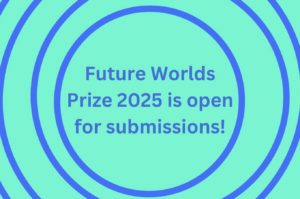
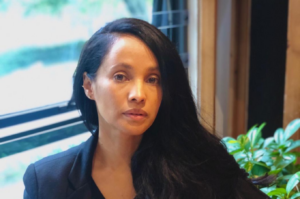
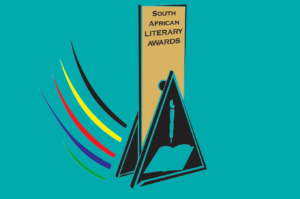
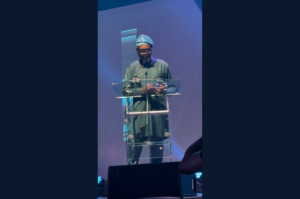

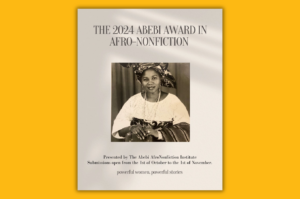

COMMENTS -
Reader Interactions